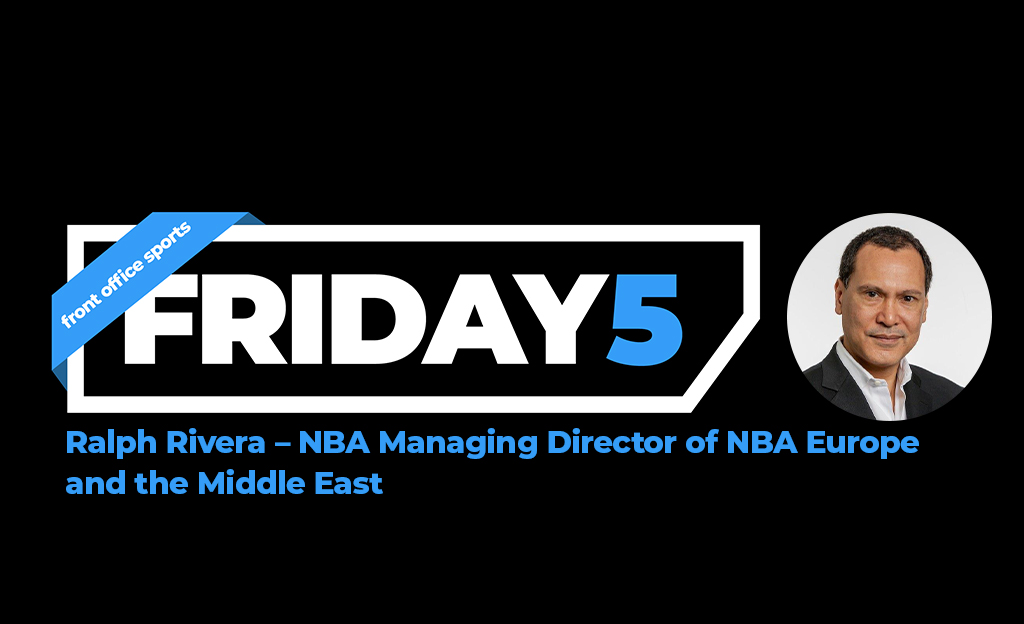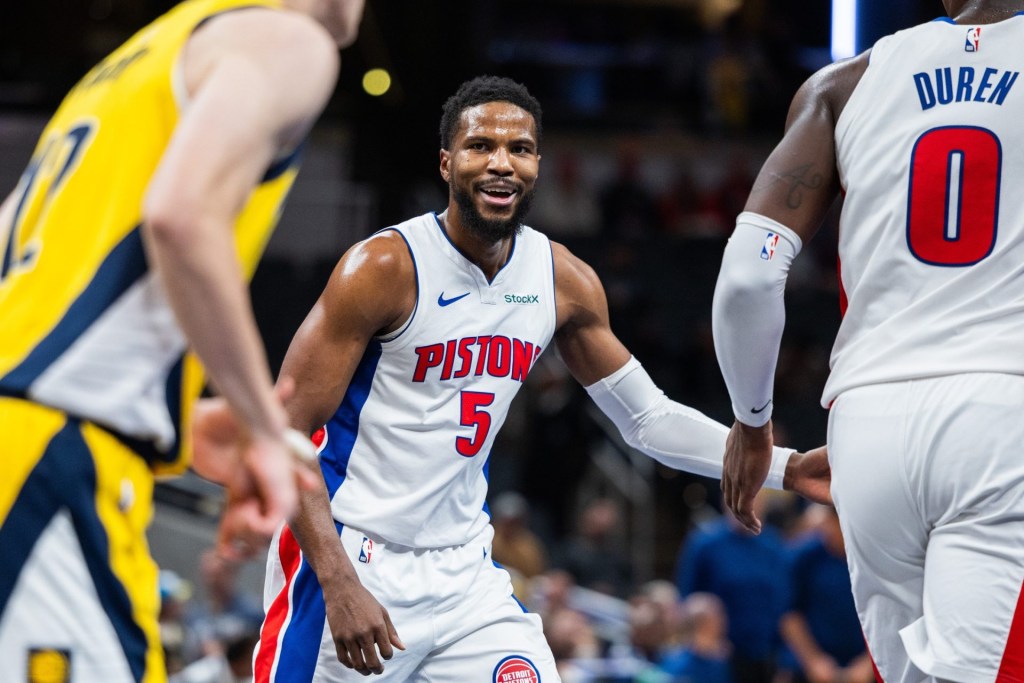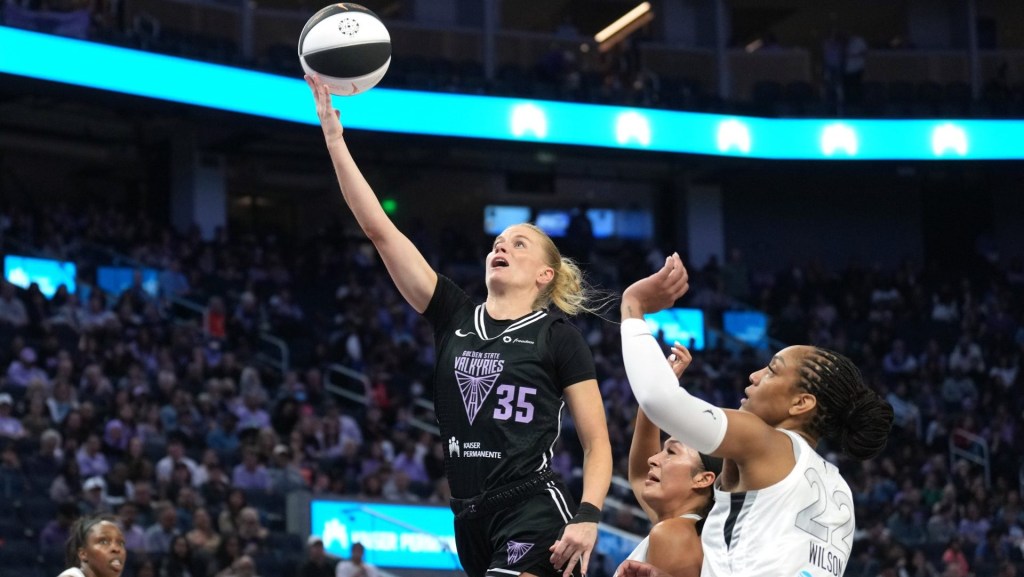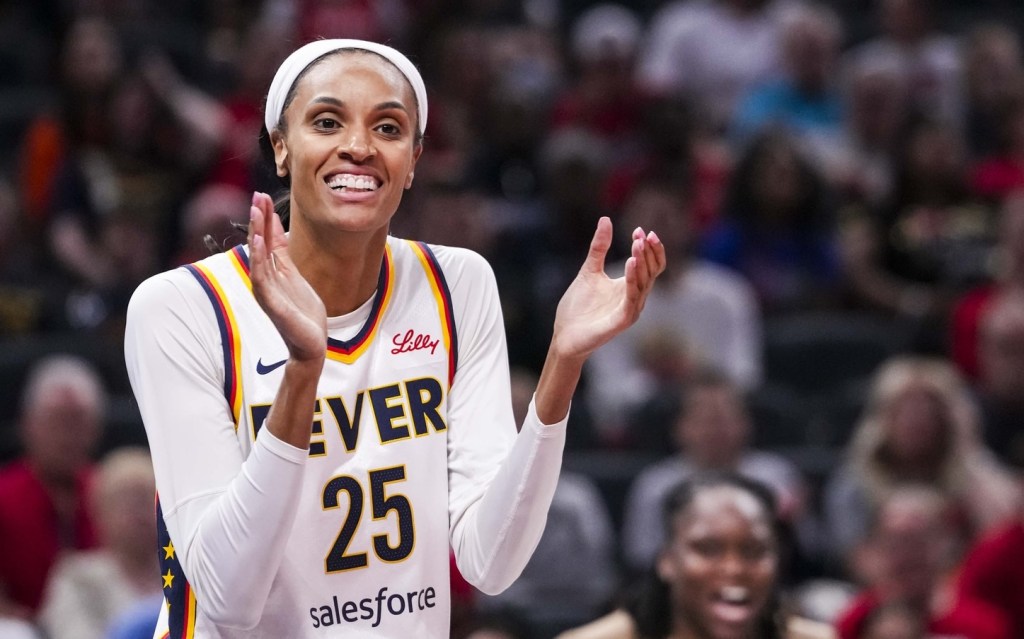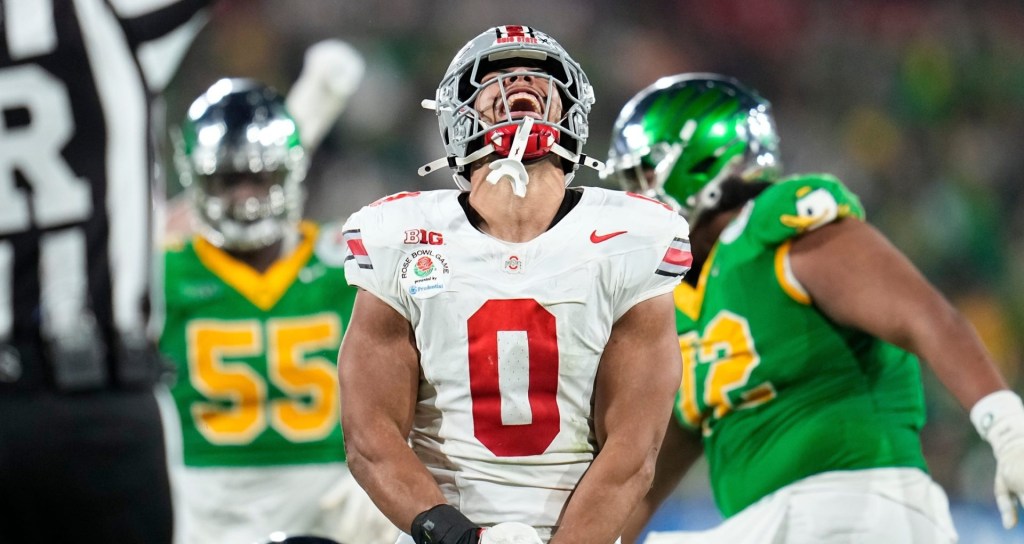The NBA will play its first regular-season game in Paris today, as the Charlotte Hornets will play the Milwaukee Bucks in the French capital.
While it’s the first time the league is playing a game outside of London since the NBA began playing regular-season games in Europe in 2011, it won’t take long for the league to return – NBA Commissioner Adam Silver announced yesterday that another game would be played in Paris in 2021.
What has attracted the NBA to Paris? For Ralph Rivera, the NBA managing director of NBA Europe and the Middle East, the combination of a strong corporate presence and an even stronger basketball culture.
“The French Basketball Federation has more than 700,000 members, with 200,000 of those being women and making it the number one team sport for women in the country. There is a strong league and a strong national team that did well in the World Cup and beat Team U.S.A. France has the most foreign-born players in the NBA year in and year out over the last ten years. It’s also the number one market in Europe for merchandise sales and ranks as the number two market for NBA League Pass subscriptions. All around really, France is just a very strong basketball market in general,” Rivera said.
Front Office Sports: What goes into hosting a game abroad?
Rivera: It goes well beyond the game – we view the game as the culmination of an NBA week in Paris. There are grassroots basketball activities and Jr. NBA efforts the entirety of the week. We have clinics with the confederation, and appearances by NBA legends. NBA Cares visits children’s hospitals in Paris. There is also an NBA House fan fest where we’ll have all sorts of appearances, activities, and mascots. We have some of our major partners like Nike and Tissot activating there, and all of our local French partners will take part as well. We want there to a buzz – when we go into Paris, you will know the NBA is there.
FOS: How do you measure the success of a European regular-season game?
Rivera: Part of it is fan engagement. Obviously, directly through ratings as the game will be in prime time across Europe. It’s also about activating with our partners, which allows us to build on those partnerships. We also track participation at the grassroots level. We will be renewing long-term with the French Basketball Federation around Jr. NBA. There are obviously some financial goals as well, but really it’s about how the NBA brand resonates in the market.
FOS: How does that mirror the NBA’s overall goals in Europe?
Rivera: If I distill down what it is we want to do here, there are two things – grow the game and grow the business around our game. Both of those are 365-day year activities. We put a lot of effort into grassroots basketball development, and we’re approaching 100 Jr. NBA leagues across more than 30 countries, and we’re working closely with federations to grow the game.
Obviously soccer is still huge here, and basketball is a challenger brand in that respect. We’re continuing to build our brand and highlighting the success of Europeans in the NBA. We started this season with roughly 60 European players, but it’s not just about the quantity but the quality. Our MVP is from Greece, our Rookie of the Year is from Slovenia, and our Defensive Player of the Year is from France. That further helps galvanize interest in the game.
FOS: What’s the biggest challenge in growing the NBA in Europe?
Rivera: The biggest challenge we have is the timezone. Most games are on at two or three in the morning. We’ve put a tremendous amount of work to get more games in primetime in Europe by having games in the afternoon in North America on Saturday or Sunday. We also have pushed to have bigger matchups for those games than ever before. We want to give people the opportunity to see it.
FOS: As you mentioned, you have these young European stars in the league right now – how much of an advantage does that give you and your team in trying to grow the game?
Rivera: Think about the impact that Yao Ming had in China. In Greece, Giannis [Antetokounmpo] is more than just a successful basketball player, he’s a national hero and icon. These European players are absolute role models in their respective countries, and that helps drive fandom and generates interest for new fans, which translates into the success of our league. Look at something like the NBA League Pass – it’s up 32% in viewership in Greece. Why? People want to see Giannis. In Slovenia, it’s up 64%, because they want to see Doncic.
